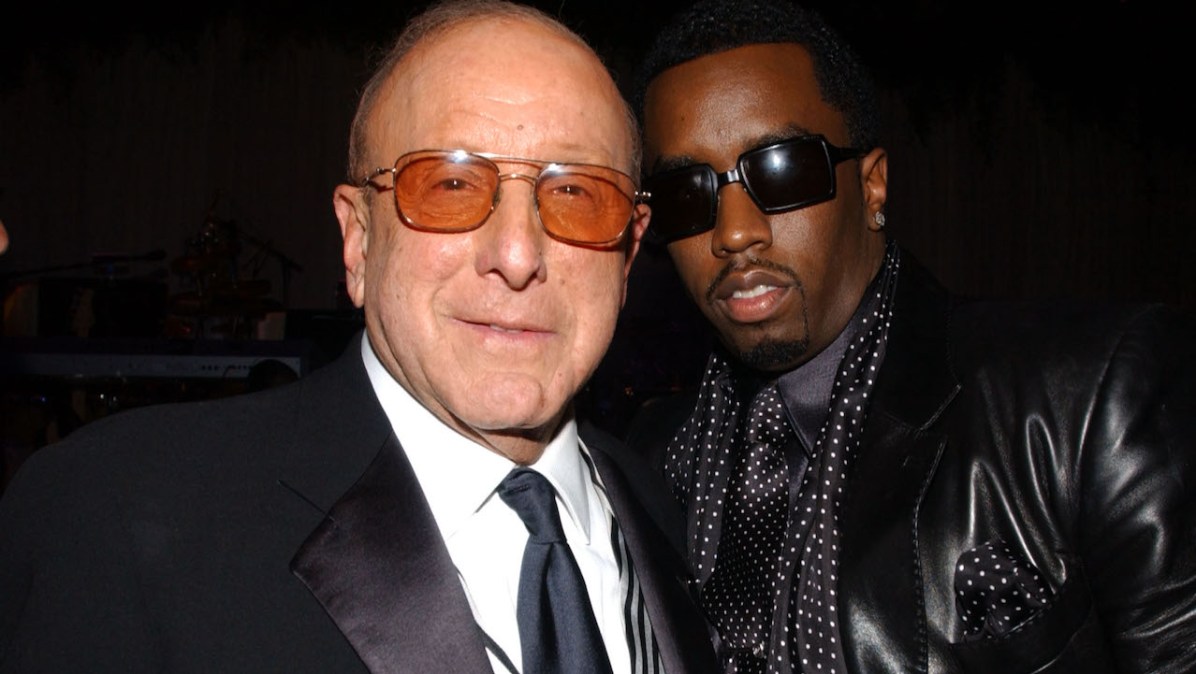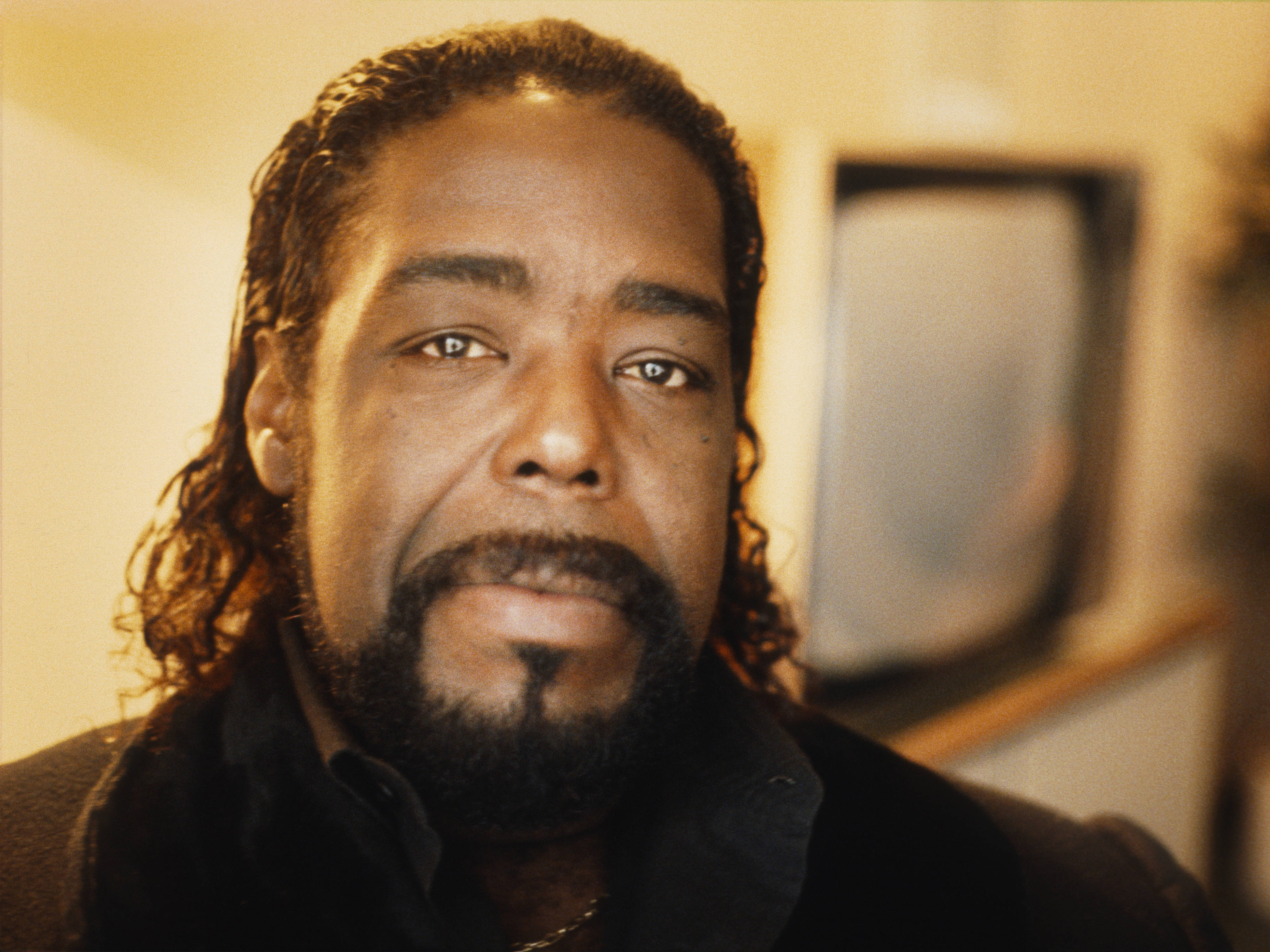❤️Clive Davis Wanted Barry White Gone Because of This Shocking Reason
🎬Clive Davis Wanted Barry White Gone Because of This Shocking Reason
Clive Davis, one of the most powerful moguls in the music industry, is known for shaping the careers of countless legendary artists.

However, behind the glitz and glamour lies a darker story involving his intense desire to push Barry White out of the spotlight.
Few people truly understand why Clive Davis wanted Barry White gone so desperately, but insiders reveal it was tied to a shocking secret Barry uncovered during his years in the industry.
Barry White was not just famous for his deep, soulful voice and romantic ballads that became the soundtrack of love for millions around the world.
He was also fearless—a quality that made Clive Davis see him not just as a talented artist but as a serious threat to his control over the music business.
What exactly was this dark secret that turned Barry White into a target?
The answer lies in the greed that often corrupts the music industry, a greed Barry White openly criticized throughout his career.
Unlike many artists who surrendered to the pressures and temptations of fame, Barry refused to sell his soul, even when faced with the immense power of Clive Davis.
Barry White consistently warned other musicians about the dangers of greed and the dark paths it could lead them down, but few listened.
Rumors swirled about Clive Davis’s controversial personal life and his alleged obsession with male artists, adding another layer of intrigue to the power struggles behind the scenes.
Much like other music executives, Clive Davis was surrounded by whispers of mysterious circumstances surrounding the fates of some artists signed under his label.
Determined to break free from this toxic environment, Barry White made a bold move that few black artists dared to attempt at the time—he launched his own record label.
With his label, Barry took control of his career and created music on his own terms, becoming a true hustler in the industry.
His success was undeniable, winning two Grammy Awards and dominating charts, but soon after, his career took an unexpected and tragic turn.
Born in Texas and raised in the tough streets of South Central Los Angeles, Barry White’s early life was marked by hardship and loss.
His close bond with his younger brother Daryl was shattered when Daryl was killed in a gang-related dispute, a tragedy that deeply affected Barry and shaped his future.
Despite brushes with the law and a troubled youth, Barry’s life changed when he heard Elvis Presley’s “It’s Now or Never” while in jail, inspiring him to leave the streets behind.
Barry’s determination led him to Capitol Records, where he began his musical journey, despite never learning to read or write music formally.
Drawing inspiration from his mother’s classical music collection, Barry developed his signature sound and voice, which matured early and stunned those around him.
Over the years, Barry White became more than a singer—he was a producer, songwriter, and visionary who discovered and nurtured new talent, creating groups like Love Unlimited.

His innovative approach helped break racial barriers in the music industry, much like Motown’s Barry Gordy, by bringing African-American music into the mainstream.
Barry’s Love Unlimited Orchestra became a sensation, and songs like “Love’s Theme” topped the Billboard charts, cementing his place in music history.
Despite his rising fame, Barry faced challenges, including the decline of the disco era and financial struggles with his record label, which eventually led him to focus on touring.
In the 1990s, Barry made a remarkable comeback with albums that topped R&B charts and earned Grammy nominations, proving his lasting influence and talent.
He also ventured into acting and voiceover work, showcasing his versatility beyond music.
Throughout his career, Barry White remained vocal about the pitfalls of the music industry, warning younger artists like Luther Vandross about the costs of fame and the controlling nature of executives like Clive Davis.
Luther Vandross, signed by Davis in the early 1980s, rose to stardom but faced his own battles with health and public scrutiny, similar to the pressures Barry White had warned about.
Rumors about Vandross’s private life circulated, but his talent and perseverance kept him in the spotlight until his health declined due to diabetes complications and a stroke.
Barry White passed away in 2004 due to heart-related issues, leaving behind a legacy of soulful music and a story of resilience against industry greed.
Meanwhile, Clive Davis, now nearly 100 years old, remains a controversial figure with whispers of his involvement in the mysterious fates of artists signed under his influence.
The early deaths of Barry White and Luther Vandross continue to fuel speculation and conspiracy theories about the dark side of the music business.

Was Clive Davis somehow involved in these tragic losses, or were they the unfortunate consequences of a ruthless industry?
These questions remain unanswered, but the stories of Barry White and Luther Vandross serve as powerful reminders of the dangers artists face behind the scenes.
Their music lives on, but so does the shadow of the industry’s greed and power struggles that shaped their lives and careers.
As fans and observers, we are left to wonder about the true cost of fame and the secrets that moguls like Clive Davis may still be hiding.
If you want to stay updated on more celebrity stories filled with mystery, drama, and the untold truths of the music world, be sure to follow and subscribe for the latest insights.





